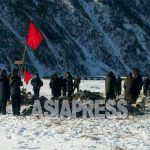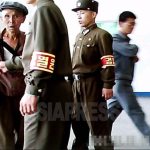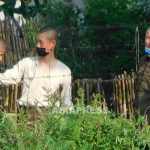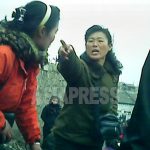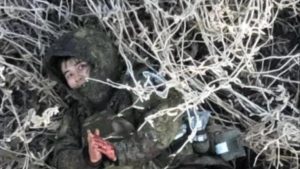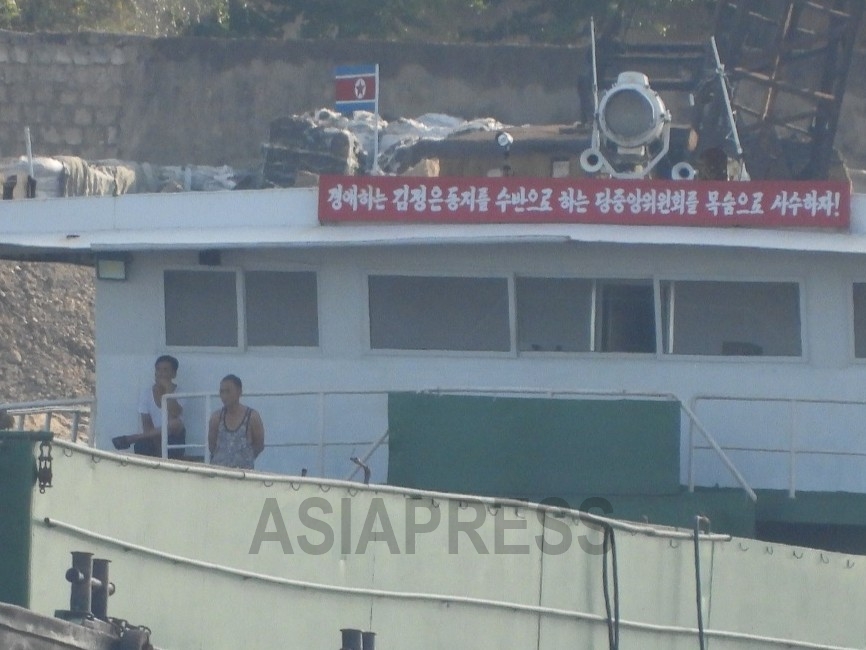
A chain of tragedies created by heroic examples
Q: Are there specific examples?
There was an incident long ago where a female soldier named Hong Kyong-ae jumped into a burning building to rescue a portrait of Kim Il Sung and died. After this became known, Hong Kyong-ae became a hero, her home became a historic site where students would visit to learn about the hero's birth and upbringing. The platoon where she served became the "Hero Hong Kyong-ae Platoon," and her life review records and diary were used as educational materials for soldiers throughout the entire military.
※ Life review: A mandatory self-criticism meeting that North Korean citizens must attend, held weekly in their respective organizations.
Q: What effect did this have?
What happened? After that, whenever there was a fire, soldiers would jump into it, and casualties mounted. Eventually, orders came down from above not to make reckless sacrifices. This shows how great the educational effect and propaganda effect are.
Mr. A's testimony shows that North Korea's heroism education is a powerful driving force that goes beyond simple propaganda to trigger actual behavior. The fact that similar sacrifices occurred in a chain reaction after one hero case was studied throughout the military is strong evidence that this education paralyzes individual rational judgment and induces collective imitative behavior.
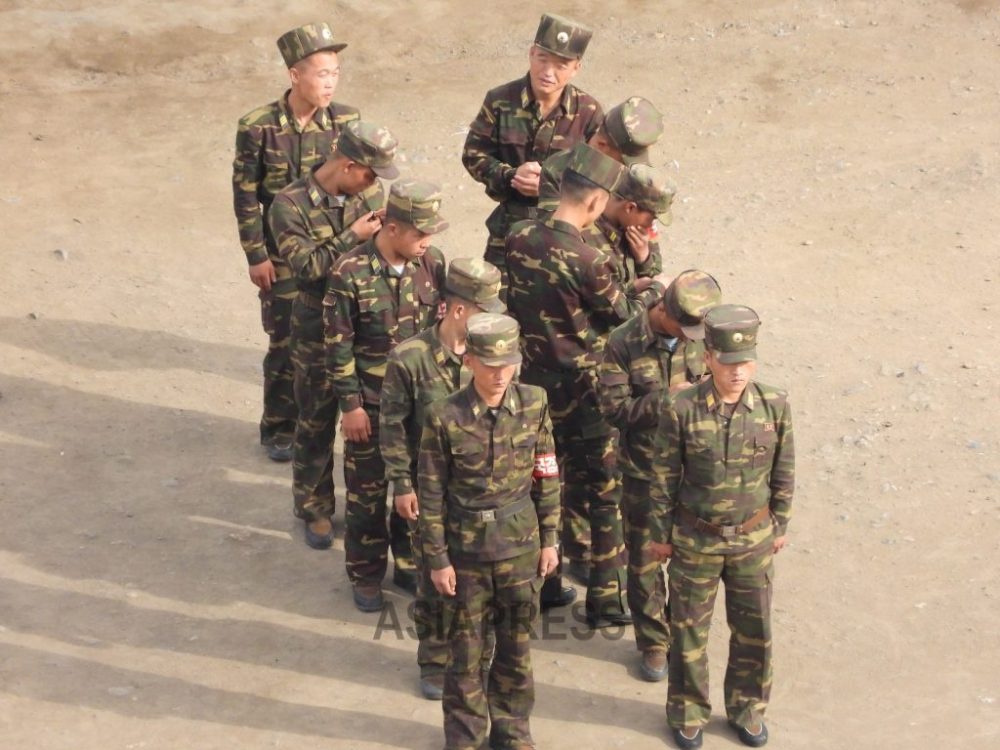
The trap of excessive loyalty for personal achievement
Q: Why are soldiers so willing to accept sacrifice?
Of course, there are personal reasons why these things happen. What's essential for individual advancement in North Korea is becoming a member of the Workers' Party. The military service period is considered the optimal time to join the party, but to do this, you must be faithful throughout 10 years of military life without a single defect. This is never easy, so there are plenty of soldiers who still haven't joined the party even as their discharge approaches.
Q: What happens if you can't join the party?
Returning home after completing 10 years of military service without joining the party is a kind of shame. Soldiers facing discharge feel pressure to show excessive loyalty somehow in order to join the party.
Q: What do you mean by excessive loyalty?
During my military service, there was a case in a neighboring unit of a person who had deserted often and caused many problems. Before discharge, he threw a grenade into the sickroom, placed two helmets over it, and covered it with his body. Earlier, there had been a case where someone named Kim Kwang-chol became a hero by covering with his body a grenade that had accidentally fallen during training, saving his platoon members. He was imitating this. He thought it was a way to make up for his mistakes before discharge and join the party, but he died from ruptured internal organs.
This is a case that shows both how important Workers' Party membership is in North Korean society and how, in a social structure that disregards individual life, soldiers easily accept extreme choices as rational decisions.
